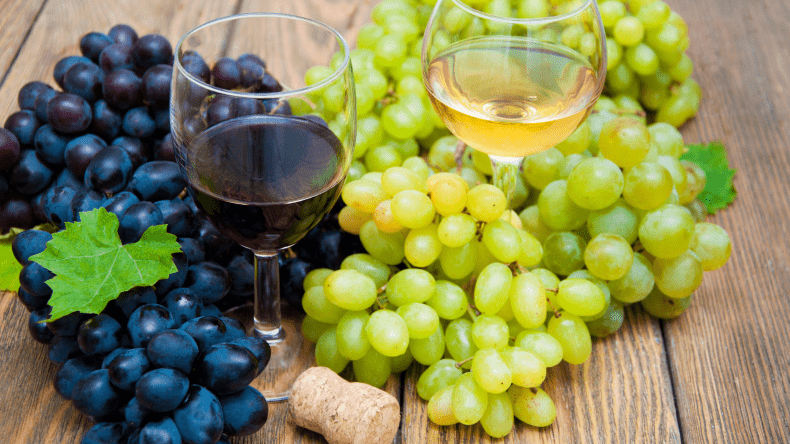Since the early days of wine, people have been looking for ways to improve it. In recent years, biodynamic wine has been one way of doing that. But what is biodynamic wine? How is it made? And what are the benefits? Here are five facts about biodynamic wine you need to know. But before we start, please visit our online wine shop to opt for the best wines from the world’s winemakers.
What does biodynamic wine mean?
If you wonder what is biodynamic wine, we are here to explain. A biodynamic wine definition reflects the wine made using biodynamic viticulture, a holistic approach to grape growing that emphasizes the interrelationships between the vineyard, the earth, and cosmic forces. The biodynamic calendar is used to plan activities in the vineyard, and biodynamic preparations are applied to the vines to encourage a healthy balance between the above-ground and below-ground components of the ecosystem. Biodynamic viticulture aims to produce wines that reflect their terroir or sense of place. Biodynamic wines are often described as having more depth and complexity than wines made using conventional methods, as well as a greater understanding of harmony between the different elements.
How is biodynamic wine made?
Biodynamic wine is made using a sustainable, unique approach that considers the interactions between the vineyard and the cosmos. The method was first developed by Austrian educator Rudolf Steiner in the early 20th century and has since been adopted by winemakers worldwide. Biodynamic viticulture follows a lunar calendar and uses preparations made from local plants and minerals. These preparations are used to promote grape health and vitality, and they are applied to the soil around the vines. Biodynamic wines are usually made using indigenous yeast strains and undergo minimal filtration or fining before bottling. As a result, they tend to be more expressive of their terroir than conventional wines.
What are the benefits of biodynamic wine?
Biodynamic wines are made using grapes grown according to the principles of biodynamics. This type of viticulture considers the harmony between the vineyard and the cosmos and seeks to create a self-sustaining ecosystem where the vines can flourish. The result is wines that are said to be more alive and vibrant, with complex flavor profiles that reflect the vineyard’s terroir. Biodynamic viticulture is also said to be better for the environment, as it minimizes synthetic chemicals and reduces the carbon footprint of the wine. In addition, biodynamic wines often boast higher levels of antioxidants and other health-promoting compounds. Whether or not these claims are true remains to be seen, but there is no doubt that biodynamic wines offer a unique and exciting tasting experience.
Top five facts about biodynamic wine you don’t know before
The production of biodynamic wine is a holistic approach that regards the vineyard ecosystem as a whole. While this may seem like a recent trend, the roots of biodynamics date back to the early 1900s. Here are five facts about biodynamic wine that you may not be aware of:
- Biodynamic farms are self-sustaining ecosystems that rely on natural processes to maintain balance. This includes compost from farm animals and plants to fertilize the vineyards.
- Biodynamics aims to create wines that reflect the unique terroir of the vineyard. To do this, growers must be attuned to the rhythms of nature and the changing seasons.
- Biodynamic wines are often made using traditional techniques passed down for generations. This includes using whole clusters of grapes and fermenting them in open-top vessels.
- Many believe biodynamic wines taste better because they are made with more care and attention. However, it is essential to remember that each person’s palate is different and that there is no right or wrong answer regarding taste.
- Some of the world’s most renowned wineries, such as Domaine de la Romanée-Conti and Château Margaux, are practicing biodynamics in order to produce the highest quality wines possible.
Biodynamic vs. organic wine: The difference explained
Like many things in the food and drink world, there is a lot of debate surrounding the terms “organic” and “biodynamic” when it comes to wine. Generally speaking, organic wines are made with grapes that were grown without the use of synthetic chemicals. In contrast, biodynamic wines take things a step further by adhering to the principles of biodynamics. This includes using natural preparations to encourage growth and health and working to promote balance in the vineyard ecosystem. Some people believe biodynamic wines have a more complex flavor, while others say the difference is negligible. Ultimately, it’s up to each individual to decide what they prefer.

